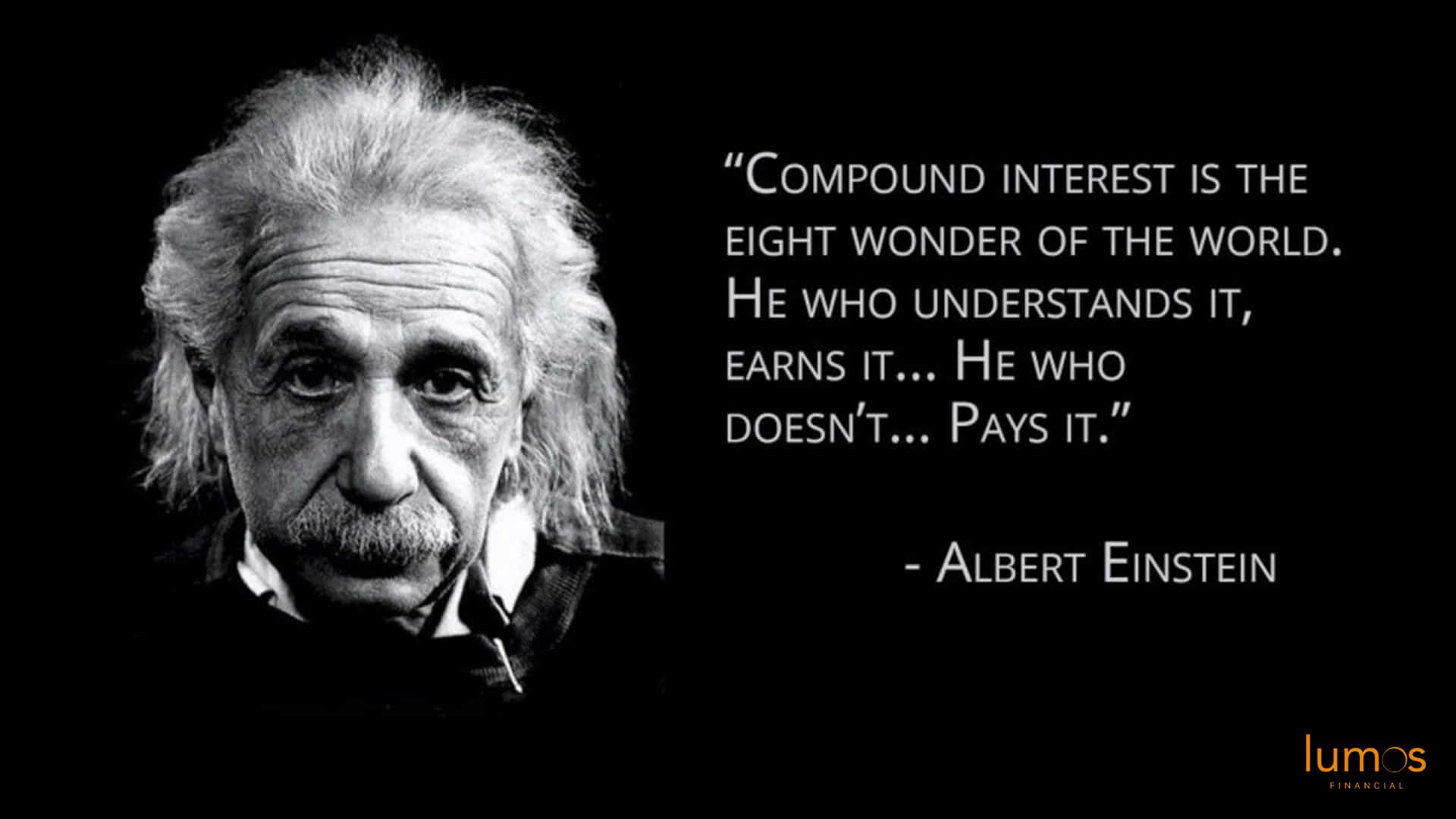Before I can help a client with their Financial Planning, there is a fundamental question that needs to be addressed if the process is to work and be life changing. Surprisingly and with shock horror, the Spice Girls nailed it on the head back in 2006 with their debut single “Wannabe” which spent seven weeks at the number one spot in the charts. For those of you that were more Radio 4 than Capital FM back then, the line in the song that I am referring to is, “So tell me what you want, what you really, really want?” Now, be assured I don’t ever sing this line to my clients, but it forms the foundation of the Financial Planning process for several reasons, which we will explore today.
As an adviser that focuses on Financial Planning my main goal is to try and help my clients achieve their desired lifestyle moving forward. Life is not a rehearsal, and we only get one shot at trying to become the best version of our self and enjoying what life has to offer. However, I have found that many clients, like myself, have struggled with the question posed in the title. Think about the answers you might give if you were asked that question today? It is quite strange that for the majority, we don’t actually know what we want from life. It’s similar to the driver that has no clue about his or her destination, but merely takes to the wheel and starts a journey.
Wanting to be happy and healthy, or to be financially secure are all valid, but they are not personal enough to define a lifestyle. It would be very difficult to financially plan to make you happy and healthy. Answering the question, “what would make you happy?”, or “what does healthy look like to you?” might be more insightful in helping you to move towards picturing a desired lifestyle.
Why is it so difficult?
For many, including myself the thought of what I really want is quite a deep and profound question, that requires exploration of my beliefs and values. What I really want is often tied to these and sticking to a financial plan that is aligned to them is far easier and meaningful. However, it is really hard work to introspect and search for these answers, especially when there is so much distraction all around. The constant notifications popping up on our phones, the lure of social media and status updates, and finally when we have some time alone in the evening the joy of being able to switch off and binge watch shows on Netflix. Far more appealing than the thought of reflection and pondering about values and aligning these to my financial goals and money!
The truth is that without taking the time out to do this exercise, any commitment to a financial plan or saving strategy will be quite futile as the WHY has not been uncovered. Now I am not suggesting that you need to retreat to a Himalayan mountain to meditate for several hours per day. There are, however, several methods that can be used to help find out what is important so that our desired lifestyle can be mapped out, and the financial planning process can then begin. I will touch upon one method below which I have found very useful.
The following three questions may help you to discover what you want, based on uncovering important values and goals, and this will guide you in making the right decisions when it comes to money. The questions are from George Kinder, who many consider the father of the Financial Life Planning movement. He is based in the USA and runs the Kinder Institute of Life Planning. Financial Life Planning helps you reorganise your relationship to money so that your financial resources are dedicated to supporting your life of greatest value, meaning and purpose. So take five minutes to answer the below questions when you have the time, it will transform the way you look at your life and money.
Question One: I want you to imagine that you are financially secure, that you have enough money to take care of your needs, now and in the future. The question is, how would you live your life? What would you do with the money? Would you change anything? Let yourself go. Don’t hold back your dreams. Describe a life that is complete, that is richly yours.
The aim of this question is to establish your goals in life, the things you most love to do and experience. This will provide some good ammunition for the reasons you might need to invest, why it is important to start saving early, and the need for making your money grow throughout your life.
Question Two: This time, you visit your doctor who tells you that you have five to ten years left to live. The good part is that you won’t ever feel sick. The bad news is that you will have no notice of the moment of your death. What will you do in the time you have remaining to live? Will you change your life, and how will you do it?
Question two aims to uncover your core values, by challenging you to think deeply about family, relationships, career and bucket list items. It should help you to prioritise the areas of your life that need attention and perhaps prompt you to consider creating a financial plan so you can live the life you really want.
Question Three: This time, your doctor shocks you with the news that you have only one day left to live. Notice what feelings arise as you confront your very real mortality. Ask yourself: What dreams will be left unfulfilled? What do I wish I had finished or had been? What do I wish I had done? What did I miss?
The final question, one that moved me incredibly and really challenged my priorities in life. Typically people do not say they wish they had earned more money, or had acquired more material goods. The question leads to the absolute deeply held values of an individual, experiences with loved ones, taking care of them when you are no longer here. Not actualising true potential and growing to be the best version of yourself.
I hope this blog has given you some food for thought and helps nudge you in the direction of better money decision, and actually helping you decide what you really want, as that is the hardest part. Creating a basic plan to match up with your goals and values is relatively simple, but requires discipline to follow.










